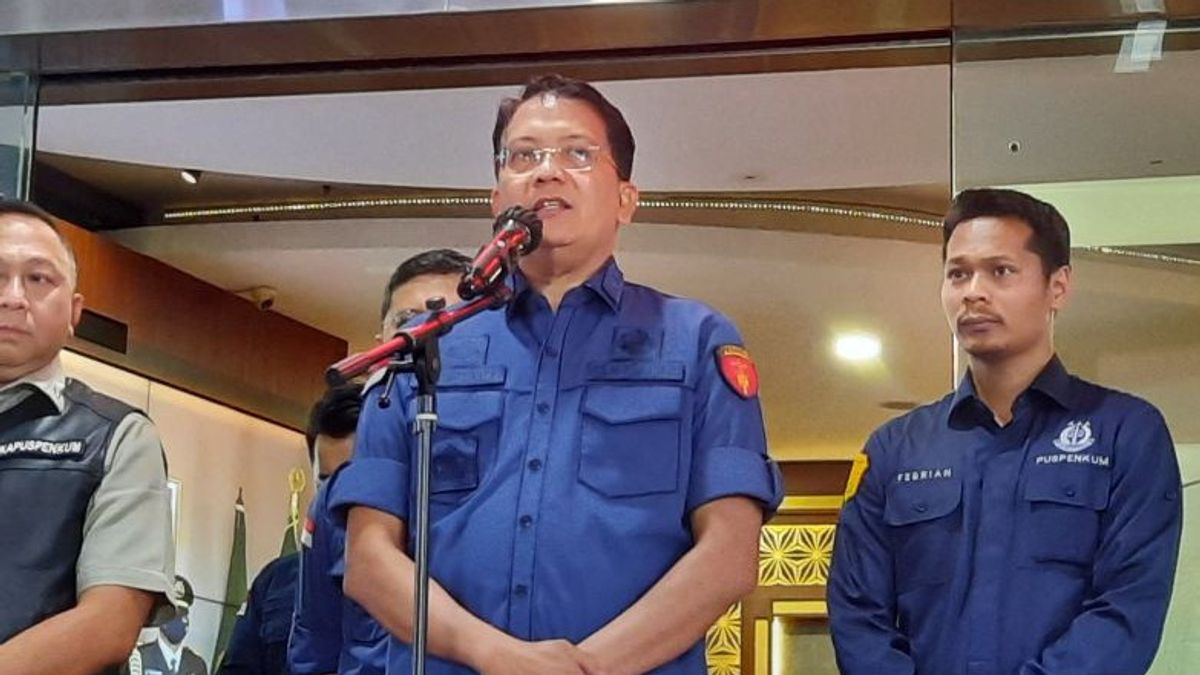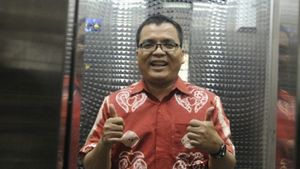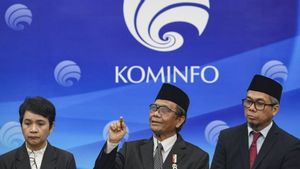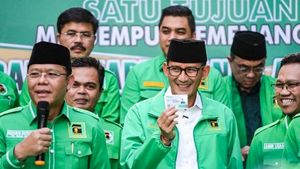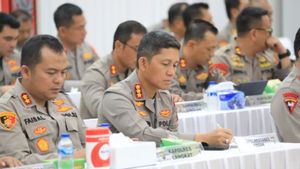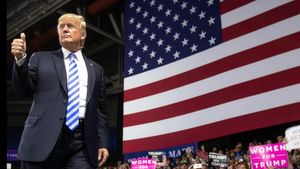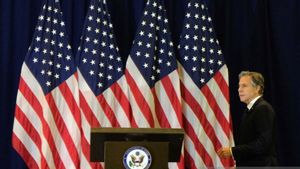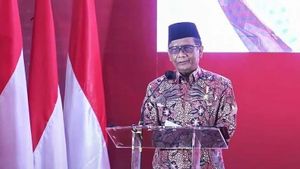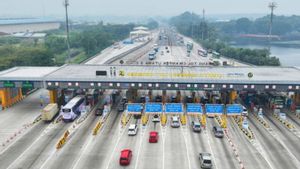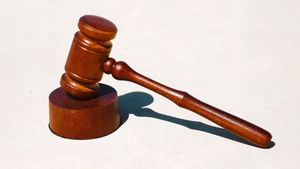The Attorney General's Office has named three palm oil companies as corporate suspects in a case of alleged corruption in the export approval of crude palm oil and its derivative products, including cooking oil.
Head of the Legal Information Center of the Attorney General's Office, Ketut Sumedana, explained that the three companies are the Wilmar Group, Permata Hijau Group and Musim Mas Group.
"Based on the decision of the Supreme Court which already has permanent legal force and inkrah on the case of cooking oil, the Attorney General's Office investigators today also named three corporations as suspects," Sumedana said as quoted by ANTARA, Thursday, June 15.
He explained that the three companies were proven in this case based on the Supreme Court's decision which already had legal force, causing state losses of Rp. 6.47 trillion.
"I think this is what I need to convey. It is proven that this case that has been signed is an action of these three corporations so that today we have also named these three corporations as suspects," said Sumedana.
Before being named a suspect, Jampidsus investigators had conducted a special investigation regarding the corruption case in the approval of the export of crude palm oil and its derivative products, including the cooking oil.
In the corruption case in the provision of crude palm oil export facilities (crudepalmoil/CPO) and its derivatives from January 2021 to March 2022, it has been tried at the Corruption Court at the Central Jakarta District Court and has permanent legal force (inkrah) at the cassation level.
SEE ALSO:
Five defendants have been sentenced to prison terms of 5 to 8 years.
They are each former Director General of Foreign Trade of the Ministry of Trade Indra Sari Wisnu Wardhana, a member of the Assistant team of the Coordinating Minister for Economic Affairs Lin Chen Wei, Commissioner of PT Wilmar Nabati Indonesia Master Palulian Tumanggor, Senior Manager of Corporate Affairs PT Victorindo Alam Lestari Stanley MA, and GM of the General Affairs Section of PT Musim Mas Pierre Togas Sitanggang.
In the decision of this case, there is one very important thing, namely that the panel of judges views the actions of the convicts as corporate actions.
Therefore, the panel of judges at the Corruption Court stated that those who received illegal profits were corporations (where the convicts worked) so that corporations had to take responsibility.
The English, Chinese, Japanese, Arabic, and French versions are automatically generated by the AI. So there may still be inaccuracies in translating, please always see Indonesian as our main language. (system supported by DigitalSiber.id)
